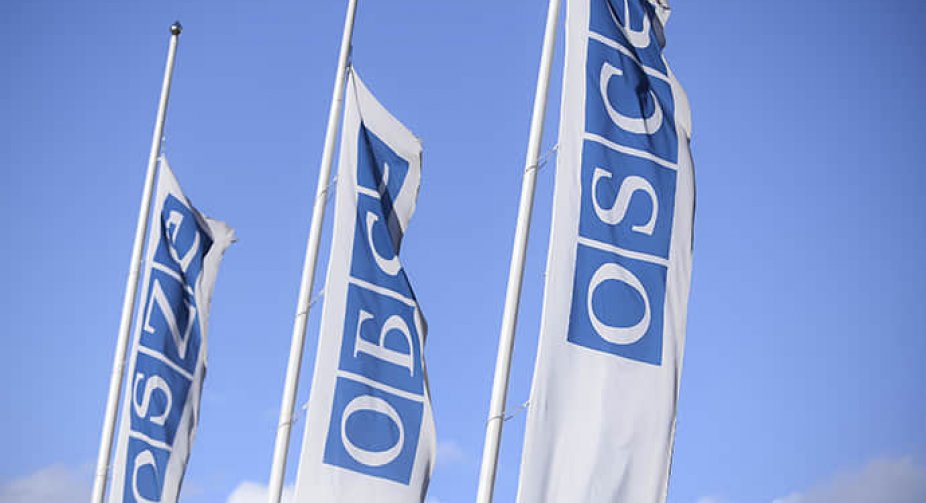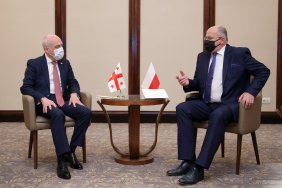The OSCE Parliamentary Assembly on Tuesday recognised the Russian private military company Wagner as a terrorist organisation, during its 30th session in the Canadian city of Vancouver. The Russian delegation did not participate in the session.
The resolution said Wagner had acted on behalf of the Russian government, was financed by it, and could be considered as a terrorist organaisation by its nature and intentions.
OSCE PA called on all its member states to use “all legal means” to prevent Wagner’s activities and also condemned its support by Minsk.
The Russian authorities, who actively used Wagner in the war against Ukraine, accused the group of treason after the uprising, which lasted about 24 hours.
Yevgeny Prigozhin, the founder of the group, suspected of many war crimes, announced on June 23 that the Russian army had launched a missile attack on the rear camps of Wagner fighting in Ukraine, which he said would be responded to by a "justice march" of thousands.
On June 24, part of the group’s fighters occupied the Russian city of Rostov-on-Don and entered the Voronezh region, while a part of them moved towards Moscow.
On the night of June 24, after talks with Belarusian president Lukashenko, Prigozhin announced that the threat of bloodshed was real, so they were returning to the field camps.
Late at night on June 24, President Vladimir Putin's press secretary announced that the criminal case against the armed rebellion would be dropped and Prigozhin would go to Belarus.
On June 27, Lukashenko confirmed Prigozhin was in Belarus.


